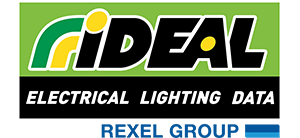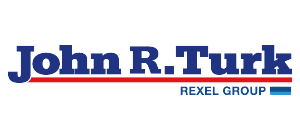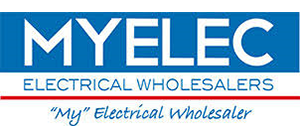Legislation requires all NSW residents must have at least one working smoke alarm installed on each level of their home. This includes owner occupied, rental properties, relocatable homes, caravans and campervans or any other residential building where people sleep.
For homeowners
It's the law to have smoke alarms installed on every level of your home.
These alarms must be placed in hallways near bedrooms. If bedrooms are in different parts of the house, you must have alarms installed in each of these locations. If there are no hallways associated with the bedrooms, alarms must be installed between the part of the home containing the bedroom and the rest of the house. You must have smoke alarms on all levels of your home even if there are no bedrooms located on that level.
This includes owner occupied homes, rental properties, relocatable homes, caravans and camper-vans or any other residential building where people sleep.
For tenants
Your landlord is responsible for ensuring your residency meets the minimal requirements of having at least one working smoke alarm installed on every level of your home.
Landlords are responsible for the installation of smoke alarms in rented premises.
Landlords have the right of access to rented premises to fit smoke alarms after giving the tenant at least two days’ notice.
After the tenancy begins, the tenant is responsible for replacing the battery if needed in battery-operated smoke alarms. Hard-wired smoke alarm back-up batteries are to be replaced by the landlord.
If the tenant is physically unable to change the battery the tenant is required to notify the landlord as soon as practicable.
For landlords
Neither the landlord nor the tenant are, except with reasonable excuse, permitted to remove or interfere with the operation of a smoke alarm fitted in the rented premises.
Where a smoke alarm is of the type that has a replaceable battery, the landlord must put a new battery in at the commencement of a tenancy.
After the tenancy begins, the tenant is responsible for replacing the battery if needed. However, if the tenant is physically unable to change the battery the tenant is required to notify the landlord as soon as practicable after becoming aware of the need for it to be replaced.
The tenant is not responsible for the replacement of batteries in ‘hard-wired’ smoke alarm systems that have battery back-up. This is the responsibility of the landlord.
The condition report section of the tenancy agreement must include a specific reference to smoke alarms so that tenants and landlords are able to note and comment on the presence of smoke alarms at the beginning and end of the tenancy.
Owners of residential properties who rent out their premises as holiday accommodation are responsible for installing smoke alarms and replacing batteries.
Other laws apply to boarding houses and backpackers.
For caravans and motorhomes
Caravans and campervans have limited escape options in fire events. You have just a few seconds to get out of a burning caravan, because they are made of lightweight and highly combustible fittings and fires can take off frighteningly fast. So the warning a smoke alarm gives can mean the difference between life and death.
You must have at least one working smoke alarm inside the van where the bed is, and one also in the annex if you sleep there.
Legislation states that the smoke alarm must be fitted with a "hush" button allowing the occupant to silence the alarm for ten minutes.
The smoke alarm must meet Australian Standards 3786 (AS3786) however Fire & Rescue NSW recommends you install a smoke alarm that is powered by a 10 year, non-removable, non-replaceable lithium battery.
To read more visit Fire & Rescue NSW
















